Energy management systems 101
Energy management systems (EnMS) are established to drive continuous improvement in an organisation’s energy performance. While energy management systems include policies, plans and processes, it is executive buy-in and a dedicated energy manager and team with the necessary resources that is crucial to deliver ongoing energy management improvements. When these are in place, companies can achieve a reduction in energy intensity of three per cent or more each year, every year.
Systematically tackling energy management on site provides the following benefits:
A framework to manage energy with structured policies, processes and action plans to implement energy saving opportunities, enabling businesses to implement continual improvement in energy management and build on experience and trusted expertise;
Organisational engagement with buy-in from senior management and other stakeholders, which facilitates the prioritisation of energy management practices throughout the business, including the ongoing allocation of resources rather than ad hoc project funding as a reflection of the organisation’s acknowledgment of the cumulative benefits to the organisation;
Improved corporate social responsibility (CSR) with a framework and organisational engagement to reduce emissions through strategic energy management;
Improved risk management with a structured risk management mechanism through the implementation of an energy management system; and
Ongoing energy use and cost reduction with the establishment, implementation and preservation of the necessary systems and processes to manage energy on site.
The international standard ISO50001 specifies an energy management system framework. While ISO50001 certification may make sense for larger organisations, its Plan – Do – Check – Act continual improvement framework is a useful reference for all organisations establishing an energy management system.
The Plan-Do-Check-Act cycle is central to EnMS, and management systems more broadly. It enables continuous improvement in energy management.
Integrating energy management into existing management systems
The International Organization for Standardization’s (ISO) standard for energy management systems is ISO50001. While ISO50001 is commonly referred to as best practice in energy management systems, if a company is not familiar with ISO management systems, an energy management system can be aligned with other internal systems. For example, a company could use lean management, which focuses on delivering value, eliminating waste and continuous improvement.
Integrating energy management into existing management systems facilitates implementation as it can reduce the initial investment into documentation and processes. However, if a company has previously implemented other ISO management systems – such as ISO9001 and ISO14001 in quality and environmental management systems respectively – adding ISO50001 to reporting processes will be a relatively familiar process.
Click here to return to the Energy 101s page.


